In the spirit of Thanksgiving, Xpress reached out to local residents — both professional and amateur chefs — for their favorite recipes and the stories behind them.


In the spirit of Thanksgiving, Xpress reached out to local residents — both professional and amateur chefs — for their favorite recipes and the stories behind them.

Acoustic Syndicate and David Wilcox return to The Grey Eagle, while Isis Music Hall hosts three nights of local artists.


Spanish immersion teacher Karen Martín hails from Colombia. At the Buncombe County Schools, she says she has met “talented and caring teachers here that do so much for this community and inspire me every day!”

“I am so grateful to the people of Asheville who have been kind, gracious, patient and creative in the face of this pandemic.”

“In the midst of 2020, we learned that the impossible can become possible through the power of community.”
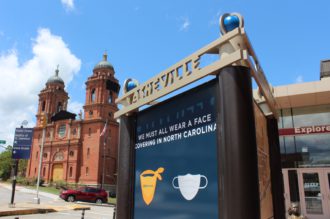
Buncombe County Board of Commissioners Chair Brownie Newman and Asheville Mayor Esther Manheimer updated their own executive orders on Nov. 25, outlining local plans to enforce the face covering mandate and commercial capacity limits.

On Nov. 22, the N.C. Department of Health and Human Services reported 4,514 new cases of COVID-19 across the state, marking the latest record for the most cases recorded in a single day.

“A message of hope? America’s success equation is liberty + opportunity + responsibility = prosperity. More people than not understand we can’t leave out pieces and produce the same outcome.”
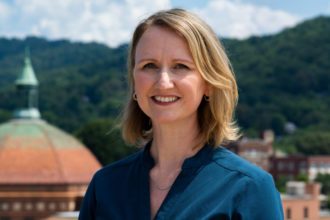
“I think we are all looking forward to a time that we can be with families and friends again without worry of possibly getting them sick. That day is not today, but it will be a day in our future.”

The collaborative effort is meant to quell community fears and rumors about COVID-19 in K-12 school settings, said Buncombe County Schools Superintendent Tony Baldwin. The first report, shared Nov. 5, identified eight cases across six schools.
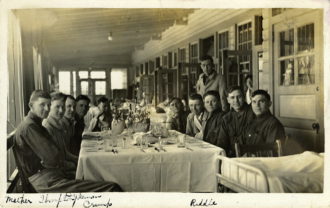
In 1919, a year after the Great War ended, Asheville, along with the rest of the country, prepared to celebrate Thanksgiving Day.
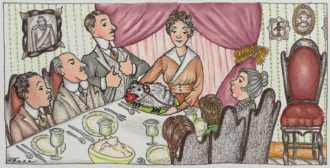
World War I ended on Nov. 11, 1918. That Thanksgiving some local residents celebrated with nontraditional dishes.
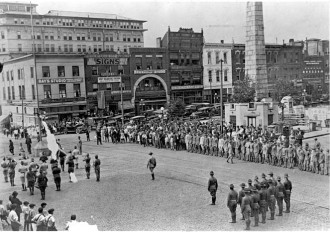
In late November of 1917, Asheville, along with the rest of the country, was preparing for its first Thanksgiving since entering World War I.
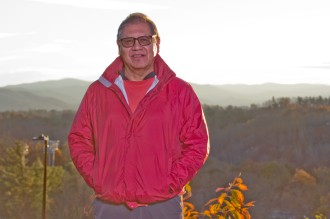
Members of the Eastern Band of Cherokee Indians talk about Thanksgiving and indigenous food culture.
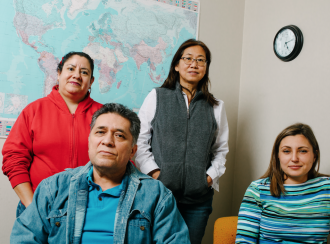
In WNC’s immigrant communities, the Thanksgiving table often holds a mix of American traditions and international flavors.

ASHEVILLE
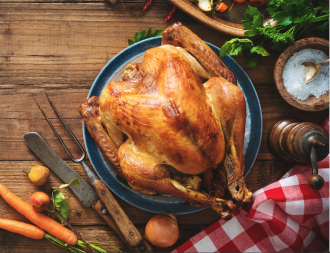
A sampling of local restaurant options for those who prefer to have someone else do the holiday cooking.
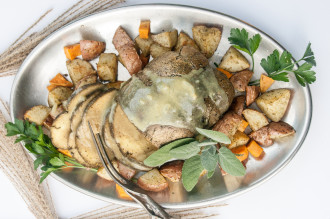
From cultivating fungus to manipulating gluten, local entrepreneurs take a scientific approach to crafting savory and satisfying vegan proteins.
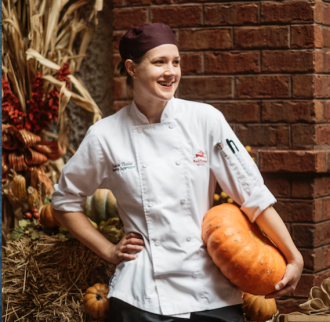
From stuffing to pumpkin pie, take a look at the history behind some of our favorite holiday foods, and learn some ideas for giving them a flavorful makeover.
